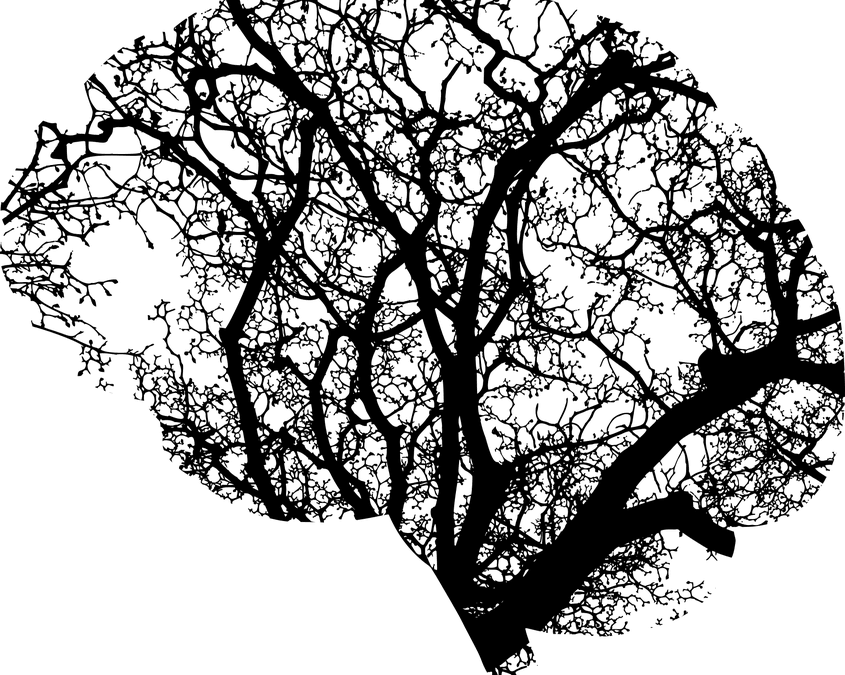[ad_1]
Dialectical Behavior Therapy (DBT) is a therapeutic approach that has become widely recognised. DBT’s primary goal is to help individuals handle their problematic feelings and behaviours. DBT worksheets, which emphasize emotional regulation, are essential tools that can aid individuals in better controlling their emotions.
What is Emotional Regulation?
People with difficulties regulating their emotions experience excessive, intense, and uncontrollable emotions. They may have outbursts, become moody, and have a low frustration tolerance. Emotional regulation refers to the ability to comprehend, process, and regulate emotions. This entails alternating our behaviour or thinking in response to negative or intense emotions.
Emotional regulation is critical to psychological health and key to developing healthy relationships. Regulating emotions is not easy, but developing emotional regulation skills can help people improve their emotional functioning and general well-being.
What are DBT Worksheets?
DBT Worksheets provide techniques and strategies for coping with intense emotions. They outline various skills for enhancing emotional regulation by focusing on Mindfulness, Distress Tolerance, Emotion Regulation, and Interpersonal Effectiveness. DBT Worksheets are evidence-based, meaning they have been found effective in a clinical setting.
The Mindfulness worksheets emphasise awareness between our thoughts, emotions, and behaviours as a way to gain greater control over them. The Distress Tolerance worksheets teach individuals how to tolerate strong emotions and accept them without avoidance or reacting. The Emotion Regulation worksheets help individuals understand the origins of their emotions and develop strategies for managing them. Lastly, the Interpersonal Effectiveness worksheets encourage individuals to develop communication skills that enable them to build healthier relationships.
Unlocking Your Emotional Regulation Skills with DBT Worksheets
To use DBT Worksheets effectively, individuals must first acknowledge their problem areas and recognise the need for help. DBT Worksheets can guide individuals in self-exploration, helping them develop management strategies that work best for them. The following tips can aid in unlocking emotional regulation skills using DBT Worksheets:
1. Identifying Emotions: Mindfulness worksheets can assist individuals in recognising their emotions. Individuals can record their evaluations of the situation that elicited the emotion and then describe how they felt. Reviewing their experience will help them recognise the physical sensations that accompany their emotions.
2. Stress-tolerance coping strategies: The Distress Tolerance worksheets teach individuals how to tolerate stress. This involves developing new forms of self-care and healthy coping mechanisms for managing emotions. These Worksheets allow individuals to work on positive self-talk, activity scheduling, and relaxation techniques, reducing emotional reactions.
3. Self-monitoring: Self-monitoring is a critical skill in DBT to understand the triggers that make emotional regulation more challenging. Individuals can use Emotion Regulation worksheets to track their emotions by recording the situation that caused the feeling and how they reacted and coped.
4. Interpersonal effectiveness: Interpersonal Effectiveness worksheets help improve communication skills by achieving relationship goals. Goals such as asking for what someone wants, saying “no” when they need to, and building trust can be achieved using these Worksheets.
Conclusion
DBT Worksheets offer an evidence-based approach for developing coping strategies for managing intense emotions. Through Mindfulness, Distress Tolerance, Emotion Regulation, and Interpersonal Effectiveness Worksheets, individuals can unlock their emotional regulation skills. Using DBT Worksheets may assist individuals in developing and practicing new skills that enhance their overall emotional health. Whether you are in therapy or working independently, DBT Worksheets provide a comprehensive emotional regulation toolkit.
[ad_2]

